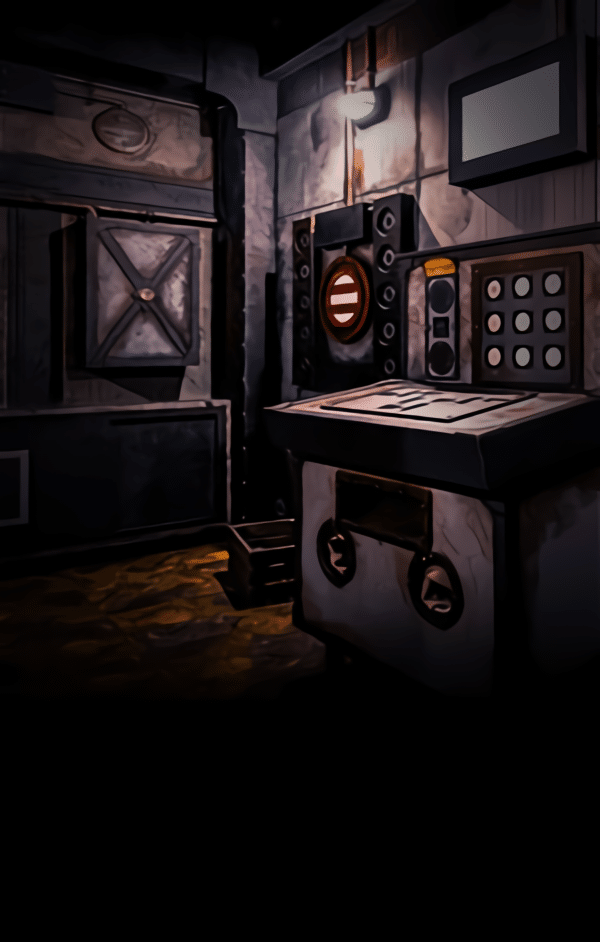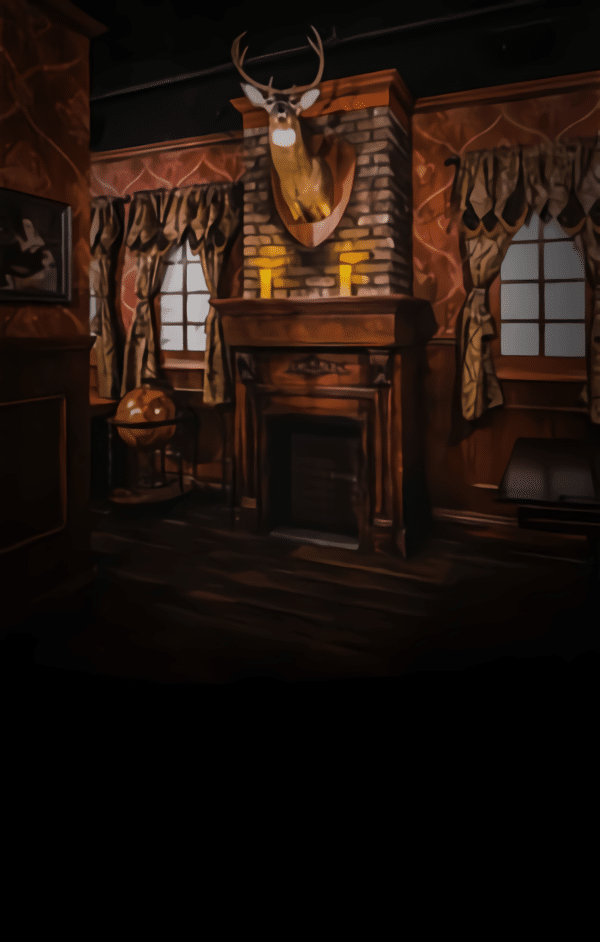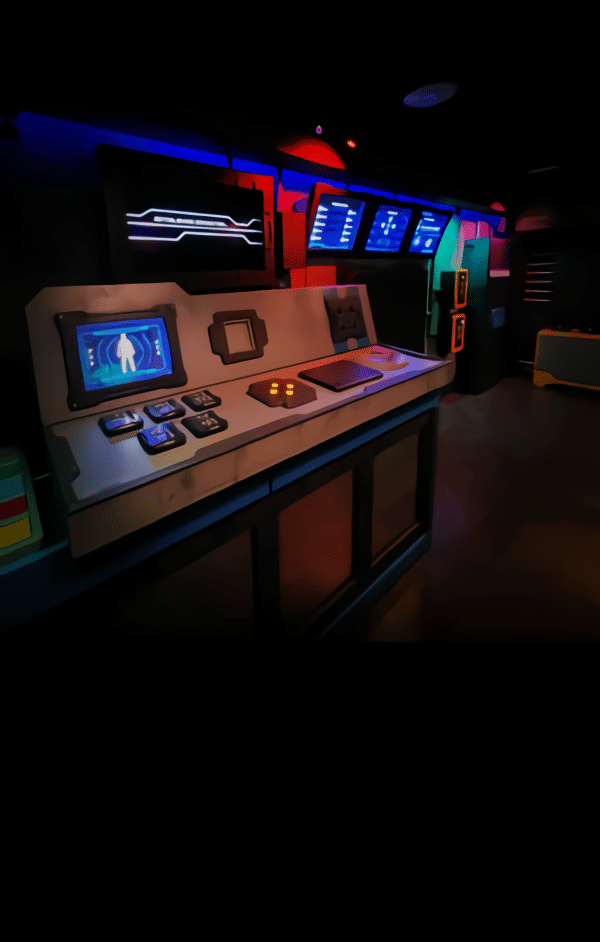For seasoned enthusiasts, escape rooms often need to go beyond the standard puzzles and straightforward clues found in beginner-level experiences. In escape rooms nyc, challenges designed for experienced players often feature multi-layered puzzles, intricate storylines, and time-sensitive tasks that require precision. These rooms can include hidden compartments that only reveal themselves after solving a sequence of tasks, red herrings to mislead players, and multi-room setups that expand the playing field. Experienced players thrive on the increased difficulty and appreciate when game designers push the boundaries of creativity. Advanced challenges also tend to encourage less obvious problem-solving methods, making participants rely more on logic, pattern recognition, and unconventional thinking. This elevated gameplay experience ensures that even returning players are consistently surprised and engaged.
Popular Themes for Advanced Players
While beginners may enjoy lighthearted or familiar scenarios, advanced players often seek more immersive and complex themes. Mystery-driven rooms, psychological thrillers, post-apocalyptic worlds, and intricate historical adventures are common favorites. For instance, scenarios might involve navigating a high-stakes espionage mission or solving a crime where clues are hidden in elaborate physical and digital formats. Game creators for advanced players also tend to design narratives that unfold gradually, rewarding keen observation and deep engagement. These themes frequently include branching storylines where the choices players make affect the outcome, further increasing the replay value. Such thematic depth offers a sense of accomplishment that goes beyond simply “escaping” — it’s about mastering the challenge and uncovering every narrative twist.
Skills Required for Experienced-Level Escape Rooms
Participating in advanced escape rooms requires more than just enthusiasm; it calls for a combination of soft and hard skills. Players need strong communication to share discoveries and ideas effectively with their team. Logical reasoning is crucial for identifying patterns and connections between seemingly unrelated clues. Time management becomes even more essential since puzzles can be longer and require multiple steps to solve. Physical coordination might also play a role, especially in scenarios where props must be manipulated in specific ways. Creative thinking helps in breaking away from obvious solutions and exploring unconventional angles. These skill sets make high-level escape rooms a perfect activity for those who enjoy stretching their cognitive and collaborative abilities.
How Game Design Increases Difficulty
The difficulty in advanced escape rooms is not simply about making puzzles harder; it’s about creating layered complexity. Designers may use non-linear gameplay, meaning puzzles can be solved in multiple sequences rather than a set order, forcing players to decide on the most efficient path. They may integrate puzzles that require solutions from other rooms or clues gathered much earlier in the game. Certain puzzles might demand simultaneous tasks by different team members, adding a layer of coordination under time pressure. Physical set designs may include hidden compartments accessible only through unique triggers, like specific lighting conditions or pressure-sensitive floors. This design sophistication keeps experienced players on their toes and heightens the satisfaction of completing the room.
Time Pressure and Psychological Elements
For experienced players, the ticking clock is more than a countdown—it’s part of the challenge. Some advanced escape rooms use soundscapes, dim lighting, or environmental effects to create tension. This can simulate scenarios like escaping a dangerous facility or preventing a fictional catastrophe. Such elements test a player’s ability to remain calm under pressure and make strategic decisions quickly. Psychological tension can also be increased by limiting hints or requiring players to earn them through additional mini-puzzles. By combining time constraints with mental pressure, game designers ensure that the experience is as thrilling as it is intellectually demanding.
Team Dynamics in Experienced Escape Rooms
In advanced scenarios, the team’s ability to work together often determines success. Larger, more complex rooms may require dividing tasks among sub-groups to handle multiple puzzle threads simultaneously. Teams must adapt quickly when one group hits a roadblock, with other members stepping in to help. Leadership can shift depending on the puzzle type—sometimes a player with a knack for math takes charge, while in another moment, someone with pattern-recognition skills leads the way. The dynamics are fluid, and success hinges on recognizing and leveraging each member’s strengths. This makes experienced escape rooms a strong choice for friends or colleagues looking to deepen their collaborative skills.
Replay Value for Advanced Players
While many escape rooms are one-time experiences, some advanced games are designed with replayability in mind. They may offer alternative solutions, hidden storylines, or bonus challenges only accessible after a first successful escape. This encourages players to return and attempt different strategies, extending the life and value of the game. Replayable elements can also include variable clue placements or randomized puzzle sequences to keep even the most experienced participants guessing. This replayability not only satisfies the competitive spirit but also adds an extra layer of enjoyment for those determined to master every possible aspect of the game.
Physical and Technological Enhancements
Advanced escape rooms often incorporate sophisticated technology, such as motion sensors, RFID systems, or interactive projection mapping, to create a more dynamic environment. Physical set pieces might move, light up, or react to player input in real-time. In some rooms, technology is blended so seamlessly into the theme that players may not realize they’re triggering automated mechanisms until it happens. These enhancements create a more immersive and rewarding experience, ensuring that experienced players are continually engaged and challenged. It also allows designers to create puzzles that are impossible in traditional paper-and-lock setups.
How to Choose the Right Room for Your Skill Level
Experienced players looking for a challenging escape rooms nyc experience should research game difficulty ratings, theme descriptions, and any available player reviews before booking. Some venues clearly label their rooms with difficulty levels, while others may offer guidance if asked. It’s also helpful to consider the size of your team and each member’s experience level to match the game’s complexity with your group’s abilities. Choosing the right challenge ensures the experience remains enjoyable and not frustratingly difficult. Ultimately, the best room will strike a balance between mental stimulation and achievable goals within the allotted time.
Conclusion
Escape rooms in NYC offer plenty of experiences tailored to advanced players, blending challenging puzzles, immersive themes, and creative game design. By pushing beyond standard challenges, these rooms provide seasoned participants with the excitement, complexity, and sense of accomplishment they seek. Whether through high-stakes scenarios, multi-room adventures, or innovative technology, these experiences keep even the most skilled players engaged.
Frequently Asked Questions
Q: Are there escape rooms NYC designed for experienced players?
A: Yes, many escape rooms in NYC offer advanced challenges that include multi-layered puzzles, immersive themes, and complex storylines for seasoned participants.
Q: What makes an escape room suitable for advanced players?
A: Advanced rooms feature intricate puzzles, non-linear gameplay, and immersive environments that require high-level problem-solving and teamwork.
Q: Can advanced escape rooms still be enjoyed by beginners?
A: Beginners can enjoy them, but they may find the puzzles more challenging and time constraints more intense without prior experience.
Q: Do advanced escape rooms use technology in their puzzles?
A: Yes, many incorporate motion sensors, automated mechanisms, and interactive lighting to create a more engaging and dynamic experience.
Q: How can I prepare for a high-difficulty escape room?
A: Practice communication and problem-solving with your team, familiarize yourself with common puzzle types, and remain adaptable during gameplay.









